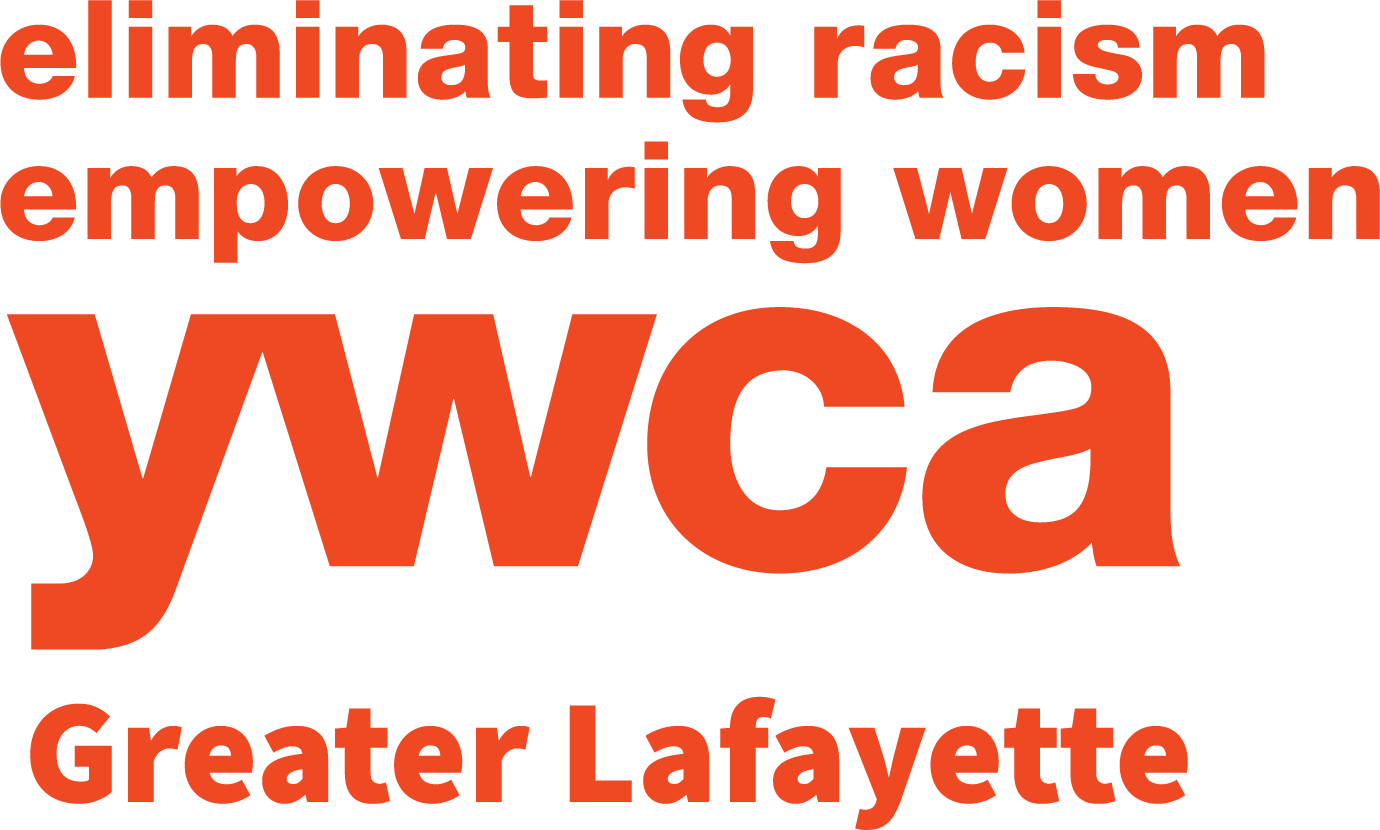World Day Against Trafficking In Persons
July 30th is World Day Against Trafficking in Persons
National Human Trafficking Resource Center Hotline: 1-888-373-7888The World Day against Trafficking in Persons was proclaimed by the United Nations General Assembly, in its resolution A/RES/68/192.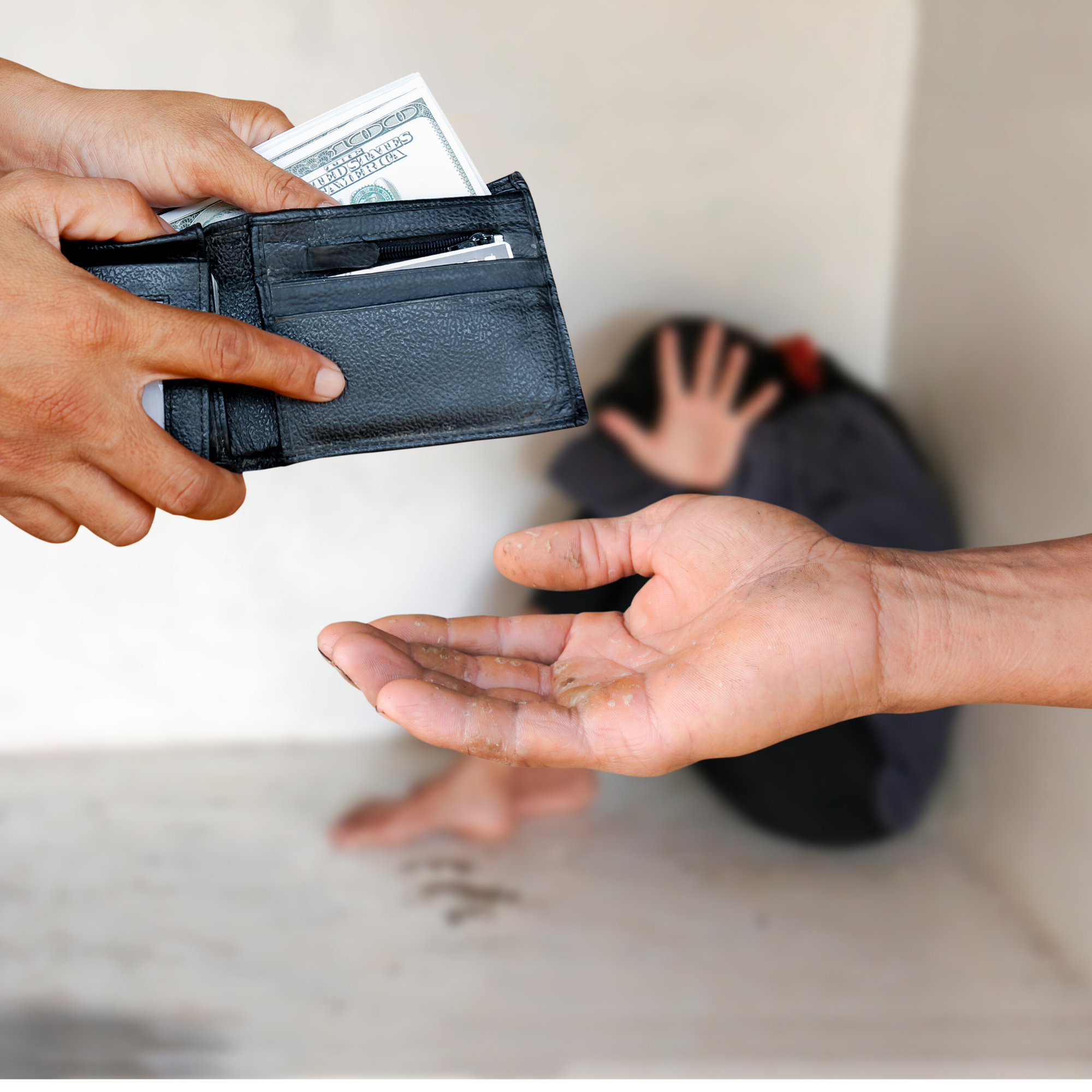 Human trafficking is a serious crime and a grave violation of human rights. Every year, thousands of men, women and children fall into the hands of traffickers, in their own countries and abroad. Human trafficking effects almost every country in the world, whether as a country of origin, transit or destination for victims. United Nations Office on Drugs and Crime (UNODC), as guardian of the United Nations Convention against Transnational Organized Crime (UNTOC), assists States in their efforts to implement the Protocol to Prevent, Suppress and Punish Trafficking in Persons.
Human trafficking is a serious crime and a grave violation of human rights. Every year, thousands of men, women and children fall into the hands of traffickers, in their own countries and abroad. Human trafficking effects almost every country in the world, whether as a country of origin, transit or destination for victims. United Nations Office on Drugs and Crime (UNODC), as guardian of the United Nations Convention against Transnational Organized Crime (UNTOC), assists States in their efforts to implement the Protocol to Prevent, Suppress and Punish Trafficking in Persons.
"On this World Day against Trafficking in Persons, let us reaffirm our commitment to stop criminals from ruthlessly exploiting people for profit and to help victims rebuild their lives." -- UN Secretary-General António Guterres
Read more about the United Nations Office on Drugs and Crime's Global Report on Trafficking in Persons here.
What is human trafficking?
Human trafficking is the fastest growing and second largest criminal industry in the world, generating roughly $150.2 billion worldwide. According to the Trafficking in Persons Report produced by the State Department, approximately 27 million men, women and children are victims of some form of human trafficking. Human trafficking involves the use of force, fraud, or coercion to obtain some type of labor or commercial sex act.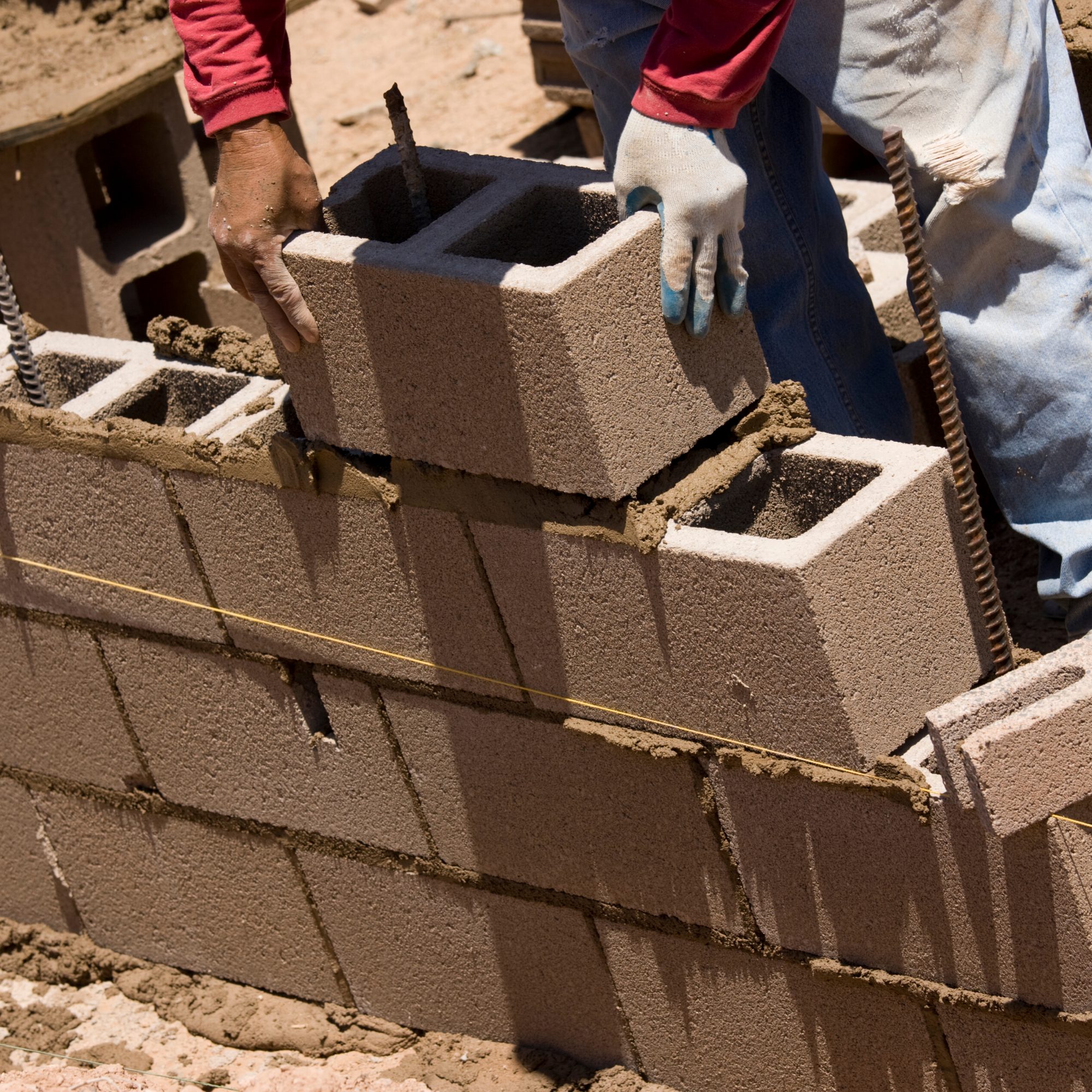 Every year, millions of men, women, and children are trafficked worldwide – including right here in the United States. Human trafficking has been identified in all 50 states, including Indiana. It can happen in any community and victims can be any age, race, gender, or nationality. Traffickers might use violence, manipulation, or false promises of well-paying jobs or romantic relationships to lure victims into trafficking situations. Human trafficking is a growing problem and one that cannot be ignored.According to U.S. Law, human trafficking can be divided into three categories;
Every year, millions of men, women, and children are trafficked worldwide – including right here in the United States. Human trafficking has been identified in all 50 states, including Indiana. It can happen in any community and victims can be any age, race, gender, or nationality. Traffickers might use violence, manipulation, or false promises of well-paying jobs or romantic relationships to lure victims into trafficking situations. Human trafficking is a growing problem and one that cannot be ignored.According to U.S. Law, human trafficking can be divided into three categories;
- Children under the age of 18 induced into commercial sex
- Adults (age 18 or over) induced into commercial sex through force, fraud, or coercion
- Children and adults induced to perform labor or services through force, fraud, or coercion
It is important to recognize that individuals who are trafficked for the purposes of commercial sex are victims. It is also important to understand that these individuals are typically being held against their will and forced to engage in sexual activities for some type of payment. That payment is then taken by the individual(s) who are trafficking them. Children who are trafficked are often bought and sold by traffickers and sexually abused for many years. Undocumented children crossing the border without parents, children who are "re-homed," and children within the foster care system are at particularly high risk. It is also common for children to be brought to the United State by "coyotes," or immigrant smugglers, who then sell the children to traffickers for additional profit.Additionally, it is equally important to recognize that all individuals under the age of 18, who are engaging in any type of commercial sex work, are victims. Those who are trafficking them and those who are paying for sexual gratification are committing crimes. There is no such thing as a child prostitute or a child sex worker. They are victims of sex crimes and/or human trafficking.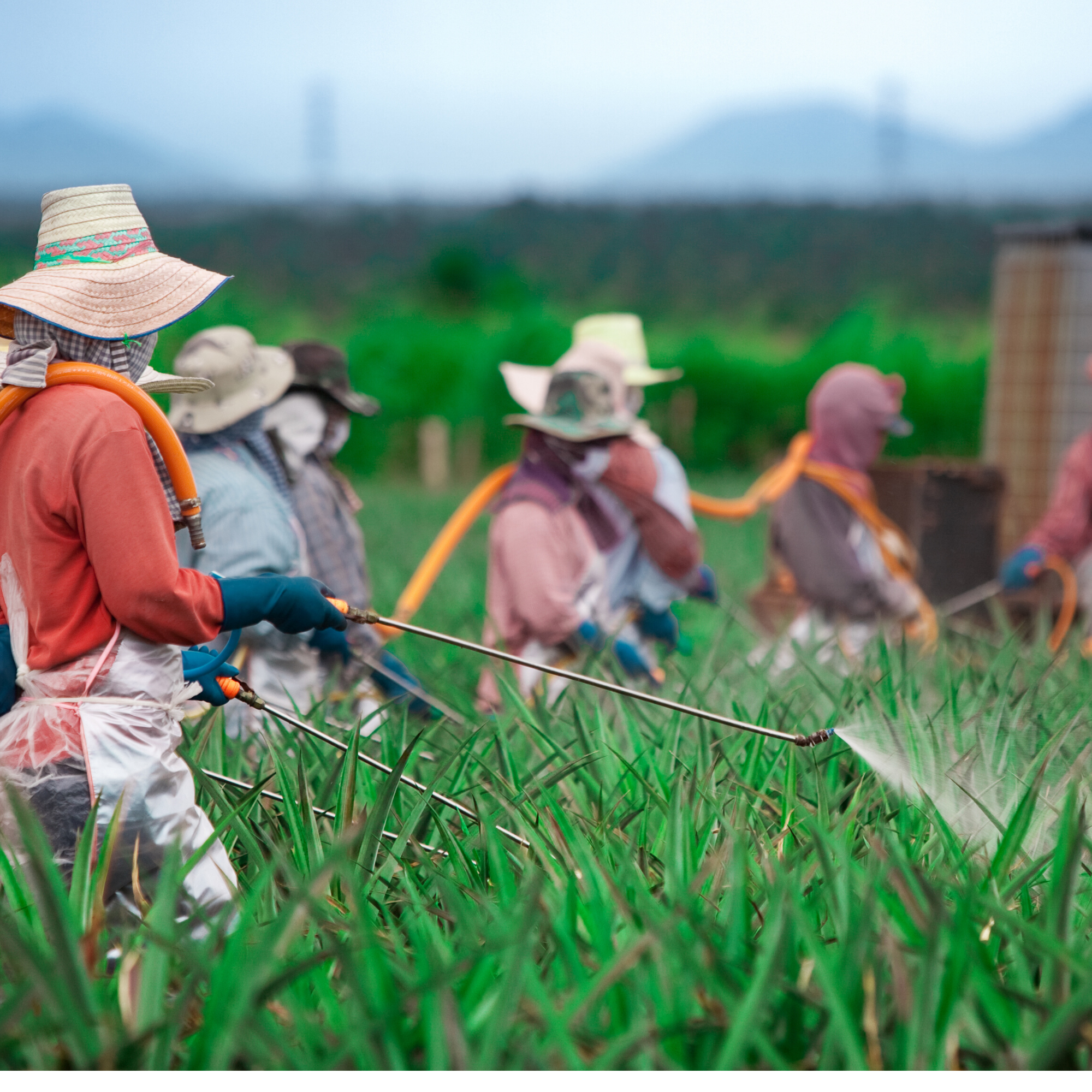 Individuals who are trafficked for the purpose of labor or services are often more difficult to find and identify, as many are undocumented immigrants, runaway youth, or individuals without family or support systems. Individuals who buy these victims often require that they live within a private home or occupy a shared living space with other trafficked individuals. A trafficker may confiscate identification documents from a victim as a measure of control. Many are treated as indentured slaves, working to pay off the debt of those who helped get them into the United States or another country.
Individuals who are trafficked for the purpose of labor or services are often more difficult to find and identify, as many are undocumented immigrants, runaway youth, or individuals without family or support systems. Individuals who buy these victims often require that they live within a private home or occupy a shared living space with other trafficked individuals. A trafficker may confiscate identification documents from a victim as a measure of control. Many are treated as indentured slaves, working to pay off the debt of those who helped get them into the United States or another country.
Victimization & Perpetration
There are many factors that increase the likelihood that an individual will fall victim to human trafficking, such as socioeconomic status, immigration status, age, and race. Language barriers, fear of their traffickers, and/or fear of law enforcement frequently keep victims from seeking help, making human trafficking a hidden crime. Additionally, many traffickers come from high socioeconomic statuses, with unlimited or bountiful resources, and may be prominent members of society making it easier for them to hide or get away with their crimes.Traffickers use force, fraud, or coercion to lure their victims and force them into labor or commercial sexual exploitation. They look for people who are susceptible for a variety of reasons, including psychological or emotional vulnerability, economic hardship, lack of a social safety net, natural disasters, or political instability. The trauma caused by the traffickers can be so great that many may not identify themselves as victims or ask for help, even in highly public settings.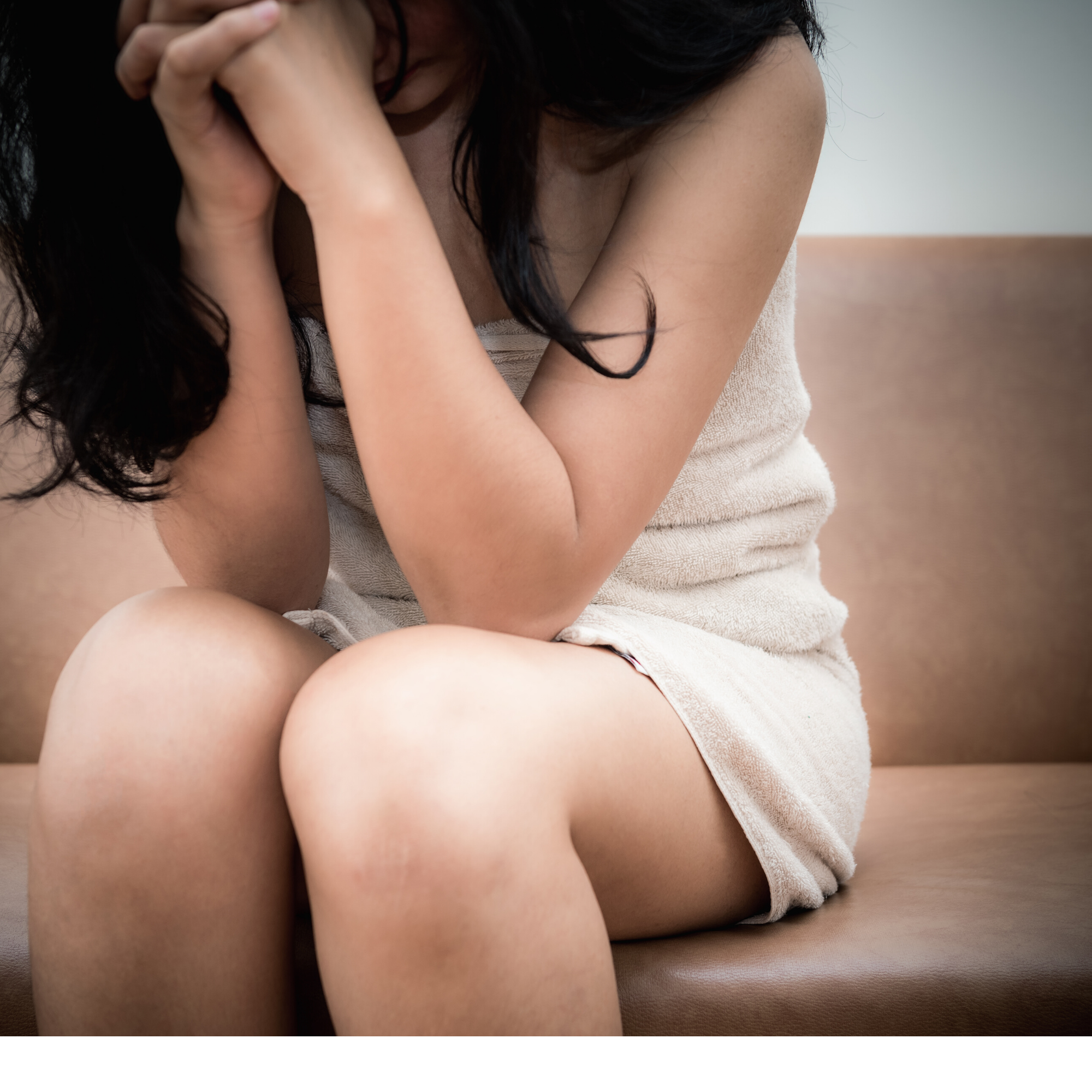 While there is no single profile of a human trafficking victim, there are some vulnerabilities that increase the likelihood that someone might be trafficked. For example, 56% of prostituted women were runaway youth. Women are more likely to be trafficked than men, but most statistics are based only on the information available to us. It does not take into account the victims and trafficking that have not been reported. For more information on gender and age of human trafficking victims, click here.Labor trafficked victims are primarily foreign born and typically do not know English, have no community in the U.S., have extremely limited financial resources, and are lied to about their rights in the States. Often, those with immigration papers or identification have those items taken from them by their traffickers creating a unique problem for these victims. Without identification or immigration papers, there is an increased fear of deportation or incarceration.
While there is no single profile of a human trafficking victim, there are some vulnerabilities that increase the likelihood that someone might be trafficked. For example, 56% of prostituted women were runaway youth. Women are more likely to be trafficked than men, but most statistics are based only on the information available to us. It does not take into account the victims and trafficking that have not been reported. For more information on gender and age of human trafficking victims, click here.Labor trafficked victims are primarily foreign born and typically do not know English, have no community in the U.S., have extremely limited financial resources, and are lied to about their rights in the States. Often, those with immigration papers or identification have those items taken from them by their traffickers creating a unique problem for these victims. Without identification or immigration papers, there is an increased fear of deportation or incarceration.
Myths & Misconceptions
According to the National Human Trafficking Hotline, there are many myths and misconceptions about human trafficking that exist. These myths and misconceptions add to the rates of victimization and often prevent victims from getting the help they need. Recognizing key indicators of human trafficking is the first step in identifying victims and can help save a life. Not all indicators listed are present in every human trafficking situation, and the presence or absence of any of the indicators is not necessarily proof of human trafficking.Many victims do NOT identify with the terms “human trafficking,” “pimp,” or “victim.” They believe themselves to be in control of the situation or believe that the people who victimize them truly love them. They often have no concept of a loving, reciprocal relationship. Understanding the complexities of the victim's own perception of their trafficking status is key to offering assistance and support.
Risk Factors for Commercial Sex Trafficking:
- Marginalized youth
- Family backgrounds with violence
- Homelessness
- Desperation
- A need to be loved
- Immigration status
- Poverty
- Drug use
- Lack of self-esteem
- Mental illness
- Sexual identity and “branding”
Risk Factors for Labor Trafficking:
- Undocumented status
- Desperation due to poverty, unemployment, underemployment, or homelessness
- Social Isolation; lack of meaningful community connection
- Lack of language ability
- Lack of knowledge of legal rights
- Incurred debt to finance migration and/or visa (often becomes debt bondage)
Please note that there is a difference between human trafficking for the purposes of commercial sex and survival sex. Survival sex is a form of prostitution engaged in by a person of their own free will, because of their extreme need. It describes the practice of people who are homeless or otherwise disadvantaged in society, trading sex for food, a place to sleep, or other basic needs, or for drugs. Individuals who engage in survival sex often do not consider themselves to be victims and on the contrary, may feel empowered by their ability to provide for themselves. Survival sex does not include perpetrators of human trafficking.
Human Trafficking in Indiana
Information in this section was pulled directly from the Indiana Office of the Attorney General's 2016 Indiana State Report on Human Trafficking and the National Human Trafficking Hotline. 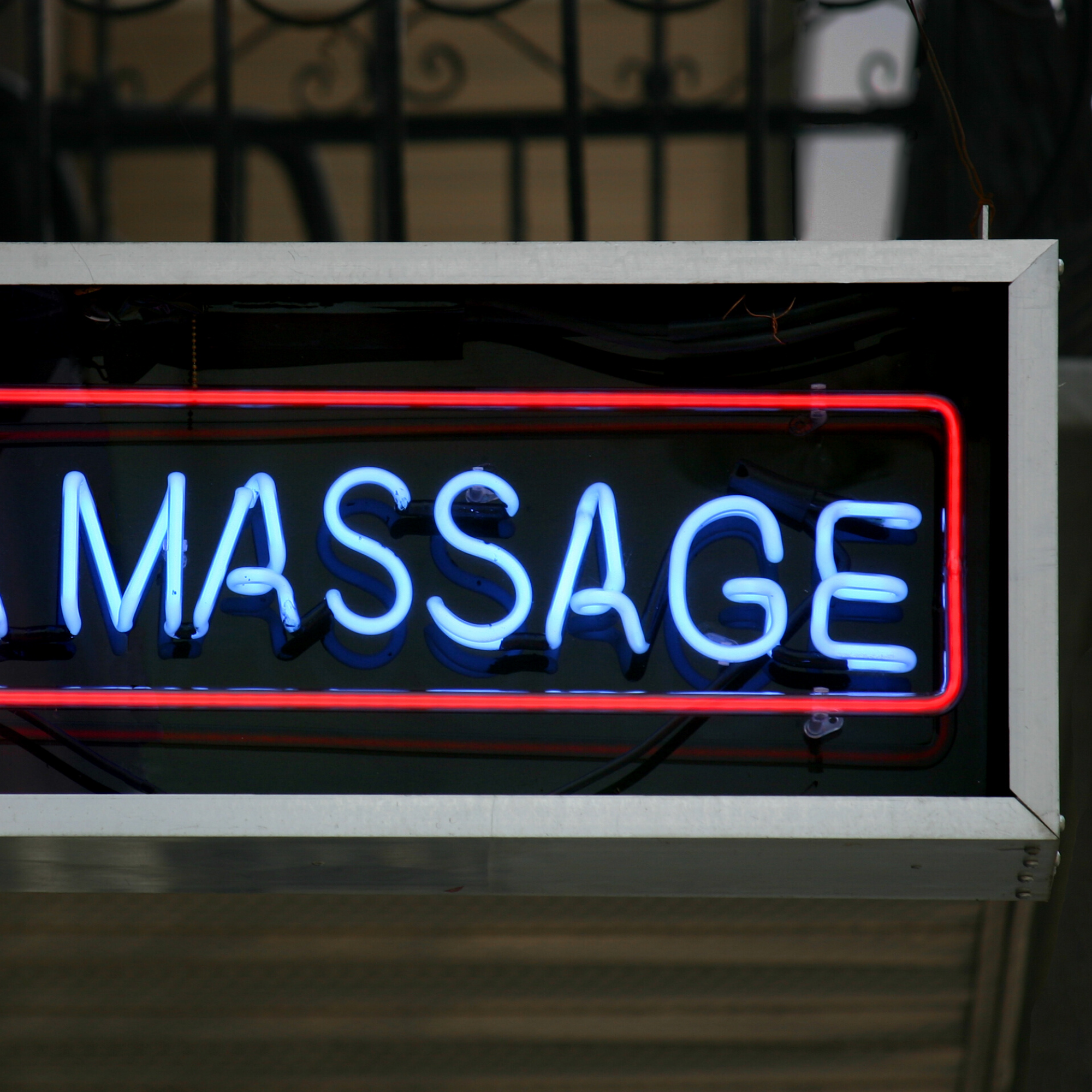 Human trafficking is a rapidly growing crime in Indiana as well as the U.S. The National Human Trafficking Hotline reported 157 human trafficking cases reported in Indiana and 43 calls made directly by survivors of human trafficking. Since 2007, there have been over 1,700 calls to the National Human Trafficking Hotline regarding Indiana victims. One statewide Indiana Protection for Abused and Trafficked Humans (IPATH) partner reported that its coalition of service providers served 178 trafficked youth in just 2016 alone. Of those youth under age 21 served by Indiana providers statewide this year, nearly all were girls (94%); and the majority were Caucasian (60%). The young age of Indiana victims is also striking: nearly 30% are 15 or younger and more than 10% served are between ages 12-14. Unfortunately, it is not uncommon for children to be trafficked for many years before they are recovered and served. In Indiana, victims were as young as 7 when first trafficked.While few statistics exist involving immigrant victims, Indiana pro bono legal services providers have assisted more than 36 trafficked immigrants to receive T Visas, the humanitarian immigration relief available to trafficked victims. Because of the unique barriers immigrant victims have, identifying them as victims can be challenging and many will never obtain justice for the crimes committed against them. Many are fearful of law enforcement and the criminal justice system. For this reason, advocates must be creative and compassionate when approaching trafficked immigrants and provide thorough explanations of the help being offered and the entire pathway to T Visa attainment.
Human trafficking is a rapidly growing crime in Indiana as well as the U.S. The National Human Trafficking Hotline reported 157 human trafficking cases reported in Indiana and 43 calls made directly by survivors of human trafficking. Since 2007, there have been over 1,700 calls to the National Human Trafficking Hotline regarding Indiana victims. One statewide Indiana Protection for Abused and Trafficked Humans (IPATH) partner reported that its coalition of service providers served 178 trafficked youth in just 2016 alone. Of those youth under age 21 served by Indiana providers statewide this year, nearly all were girls (94%); and the majority were Caucasian (60%). The young age of Indiana victims is also striking: nearly 30% are 15 or younger and more than 10% served are between ages 12-14. Unfortunately, it is not uncommon for children to be trafficked for many years before they are recovered and served. In Indiana, victims were as young as 7 when first trafficked.While few statistics exist involving immigrant victims, Indiana pro bono legal services providers have assisted more than 36 trafficked immigrants to receive T Visas, the humanitarian immigration relief available to trafficked victims. Because of the unique barriers immigrant victims have, identifying them as victims can be challenging and many will never obtain justice for the crimes committed against them. Many are fearful of law enforcement and the criminal justice system. For this reason, advocates must be creative and compassionate when approaching trafficked immigrants and provide thorough explanations of the help being offered and the entire pathway to T Visa attainment.
Human Trafficking & the Internet
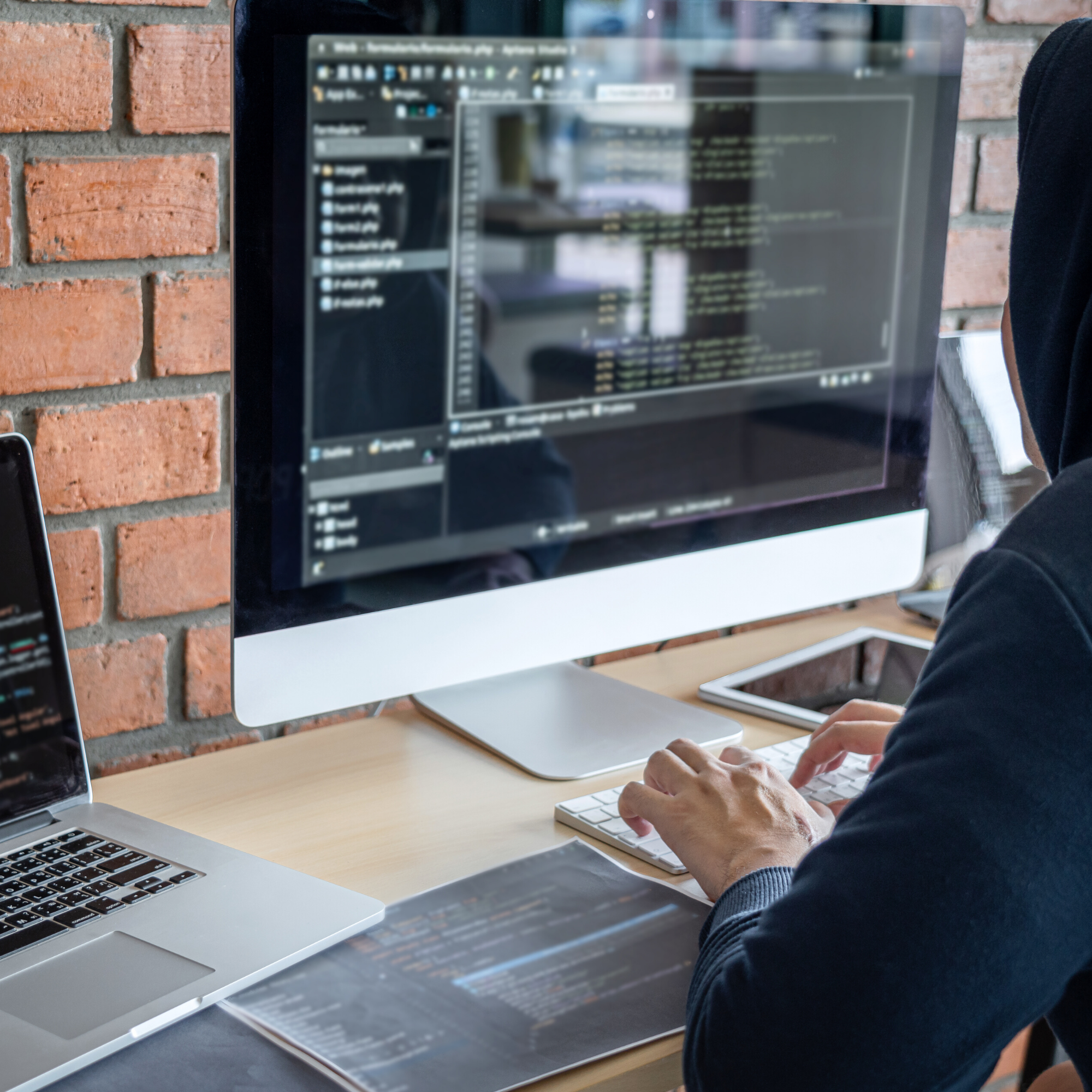 The internet has played a significant roll in the trafficking of persons. In 2015, in the state of Indiana alone, there has been a recorded estimate of some 380,000 ads for escorts, body rubs and massages, all categories identified as used for sex trafficking on Backpage.com. This represents a quadrupling of Backpage.com ads in the state of Indiana in between 2013 and 2015. While Backpage.com was the most popular "adult services" website because it mimicked the format of sites like Craig's List and was therefore perceived as being more "normal and acceptable," there are many other websites online that sell sex through "adult services" pages. In an effort to deter traffickers from using the internet, Backpage.com was seized by the United States government and data obtained was used to arrest and prosecute individuals who had used the platform. Unfortunately, the internet and the dark web have both made it increasingly simple for traffickers to trade and sell humans for the purpose of human trafficking. In Indiana, cyber crimes units are working tirelessly to uncover and shut down the websites and portals that sell child and adult victims of human trafficking.Though Indiana has very few trafficking-specific service provision standards, centers, or case studies for adults over 21, Indiana service providers have worked diligently to prioritize and meet the needs of trafficked youth. Though victims of a heinous crime, trafficking victims are incredibly resilient and have proven across the globe to be some of the most effective and courageous leaders in anti-trafficking work through survivor advocacy. Indiana Coalition Against Domestic Violence (ICADV), Indiana Coalition to End Sexual Assault (ICESA), and local survivors, such as Aubrey Lloyd, Tebby Kaisara and Marti MacGibbon, have worked tirelessly to inform survivor care and improve service provision standards.
The internet has played a significant roll in the trafficking of persons. In 2015, in the state of Indiana alone, there has been a recorded estimate of some 380,000 ads for escorts, body rubs and massages, all categories identified as used for sex trafficking on Backpage.com. This represents a quadrupling of Backpage.com ads in the state of Indiana in between 2013 and 2015. While Backpage.com was the most popular "adult services" website because it mimicked the format of sites like Craig's List and was therefore perceived as being more "normal and acceptable," there are many other websites online that sell sex through "adult services" pages. In an effort to deter traffickers from using the internet, Backpage.com was seized by the United States government and data obtained was used to arrest and prosecute individuals who had used the platform. Unfortunately, the internet and the dark web have both made it increasingly simple for traffickers to trade and sell humans for the purpose of human trafficking. In Indiana, cyber crimes units are working tirelessly to uncover and shut down the websites and portals that sell child and adult victims of human trafficking.Though Indiana has very few trafficking-specific service provision standards, centers, or case studies for adults over 21, Indiana service providers have worked diligently to prioritize and meet the needs of trafficked youth. Though victims of a heinous crime, trafficking victims are incredibly resilient and have proven across the globe to be some of the most effective and courageous leaders in anti-trafficking work through survivor advocacy. Indiana Coalition Against Domestic Violence (ICADV), Indiana Coalition to End Sexual Assault (ICESA), and local survivors, such as Aubrey Lloyd, Tebby Kaisara and Marti MacGibbon, have worked tirelessly to inform survivor care and improve service provision standards.
These service needs may include:
- Basic needs, i.e.: medical attention, food, toiletries, clothing, etc.
- Emergency shelter and long term housing
- Creating safety plans
- Screenings and assessment for mental and physical health needs
- Ongoing, culturally sensitive support to deal with the effects of trauma (e.g.: group, individual, and/or family counseling, therapy, etc.)
- Treatment for substance-related disorders
- ESL/EFL training
- Interpretation
- Legal and immigration services
- Life skills training (this includes both independent living skills and general skills such as: coping skills and emotional regulation, how to cook, do laundry, pay bill and budget, etc.)
- Educational and vocational training
IPATH victim services providers have been working diligently to provide services for trafficked youth, commercially sexually exploited youth, and youth at high risk of being victims of these crimes.
What is YWCA Greater Lafayette doing to help survivors of human trafficking?
The National Human Trafficking Hotline has completed extensive research on human trafficking and those who are most likely to be victimized. They found that individuals who have experienced violence and trauma in the past, including childhood sexual and physical abuse, intimate partner and domestic violence, and sexual assault are more vulnerable to future exploitation. The psychological effect of trauma is often long-lasting and challenging to overcome. Victims of domestic violence, sexual assault, war and conflict or social discrimination may be targeted by traffickers because they recognize the vulnerabilities left by these prior abuses. Violence and abuse may be normalized or beliefs of shame and unworthiness lead to future susceptibility to human trafficking.YWCA Greater Lafayette advocates are required to meet a number of continuing education credits each year and are strongly encouraged to attend training sessions, webinars, and workshops provided by partnering organizations including ICADV and ICESA.YWCA Greater Lafayette has always worked to support survivors of violence in an effort to empower women and their families. We believe that human trafficking is a form of intimate partner violence. For this reason, a survivor of human trafficking would qualify for our services including safe shelter, housing resources, access to support groups, therapy, legal advocacy, and more. Our advocates are in a unique position to support those individuals who might not otherwise have a support system and we are on a mission to protect those who have been harmed by human trafficking.We encourage those who believe they have been trafficked to call our 24/7 crisis hotline at 765-423-1118 or toll-free at 888-345-1118. Trained advocates are available to listen, support, and assist survivors and will work tirelessly to provide the resources each individual survivor needs.
What can YOU do to help end human trafficking?
Human trafficking is a heinous crime that should enrage all Americans. We urge all supporters of YWCA Greater Lafayette to educate themselves and act on any anger you may feel as you learn more, to make a difference in our community and our state. It is crucial that we all acknowledge that human trafficking exists, that it is a very real problem, and that there are men, women, and children being victimized right now. It is important to recognize that survivors of human trafficking will require unique services and resources. Reach out to your representatives and push for harsher punishments for traffickers. Volunteer with and donate to organizations working to end human trafficking and support survivors.As always, we encourage all members of our community to report any suspicious activity to local law enforcement. If you see something that seems "off" or might be a sign that human trafficking is happening, call 9-1-1. File a report with law enforcement. If you suspect someone you know is being trafficked, ask supportive questions and offer resources. If you believe that a child under 18 years of age is being trafficked, call 9-1-1 or local law enforcement immediately.Here are some resources and ways to get started:Watch Webinars
Explore Resources
Pay attention to the news
- Indy Star: Indiana is a hub for sex trafficking
- Journal Gazette: Sex trafficking raising red flags
- CNHI News: Human Trafficking
- The Herald Bulletin: How Indiana children are sold into the sex trade
- Indy Star: Migrant Workers
Support local, national, and international organizations
There are many organizations and service providers on the front lines working to end human trafficking and to support survivors. Donate your time, money, or resources to support these efforts. Reach out and ask what is needed. Become an advocate. In Tippecanoe County, the Prosecutors' Office, Law Enforcement, Department of Child Services, CASA, Heartford House, YWCA Greater Lafayette, Valley Oaks, Indiana Trafficking Victim Assistance Program's northwest region, and Purdue University are just some of the organizations working locally to eliminate trafficking.If you suspect someone is being trafficked, please call 9-1-1 or the National Human Trafficking Resource Center Hotline at 1-888-373-7888.For safe shelter, advocacy, and additional resources and information, call YWCA Greater Lafayette's 24/7 Crisis Hotline at 765-423-1118 or toll-free at 888-345-1118 and speak with a trained advocate.
